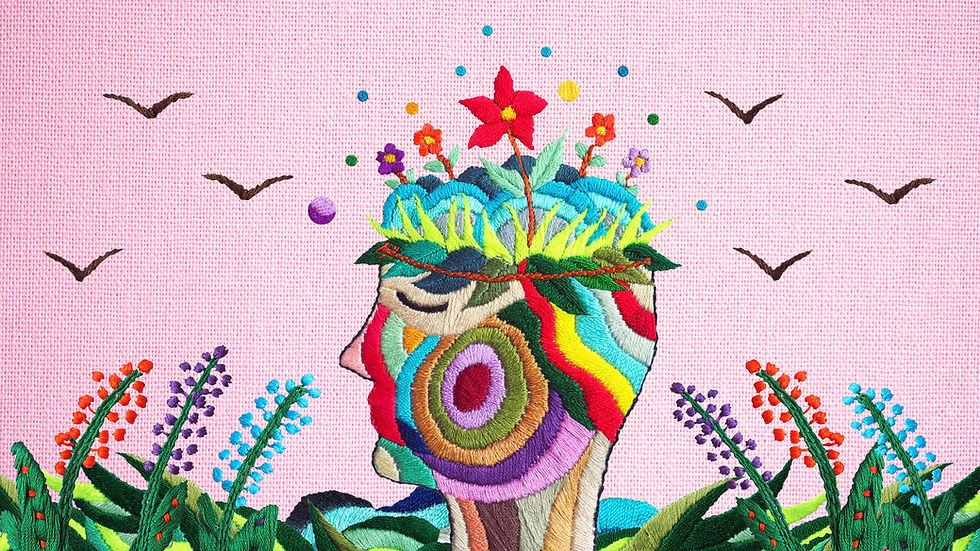Bad Days Happen: How to Cope When They Do
- Wendy Summer

- Mar 27
- 3 min read
Updated: Jun 18
It is normal to have bad days, no matter how much self-improvement work or therapy that we have done. Occasional bad days are simply part of being a human. When we can accept this fact and focus more on how to help ourselves on bad days, our dark moods pass more quickly. In this post, I offer my top suggestions for how to get through bad days – and my tips are probably not what you are expecting (hint: this is not a list about getting more exercise or eating more protein).
A lot of my clients believe that they must understand why they are feeling cranky or down in order to help themselves. There is sometimes this belief that they must “justify” their mood. While it is always a good idea to check in with yourself to see what is going on inside, you do not have to understand the “why” to be compassionate and caring towards yourself. Assume that there is a good reason, even if you can’t understand it at that moment and proceed ahead with taking good care of yourself.
I also have a lot of clients who have been depressed or seriously anxious in the past, and when they have bad days, they are gripped with fear that they may be regressing. Remember, occasional bad days do not mean that you are clinically depressed or anxious, even if they may feel the same. Rather than drawing conclusions about whether the bad day means something about your mental health, it’s much better to take a breath and focus on getting yourself through the day. The time to analyze your overall mental health is when you are feeling a bit better and can think more clearly (note: if you are regularly experiencing many bad days over many weeks or months, please reach out to a therapist or talk to your doctor).
All of this is to say, go easy on yourself. Shame or self-attack about having a bad day makes bad days worse. When we accept that as humans we will occasionally struggle, then we can more easily help ourselves through the struggle.
My other suggestion for bad days is distraction. Unfortunately, distraction is sometimes maligned, categorized as “avoiding reality” or even dissociation. I believe that when we are having negative thoughts about ourselves or our lives, which often happens on bad days, the first order of business is to not deepen those negative thoughts. So, curling up with an uplifting book, a favorite show or a soothing podcast can be excellent self-care (of course, choose positive content, not content that will make you feel worse!).
Remember that on bad days, our overall goal is to stop negative thoughts from getting darker and more intense. We may not get rid of them right away, but we want to at least plateau them. Distraction can be excellent for interrupting bad moods – whereas things like journaling, which is you alone with your negative thoughts, can often make bad days worse.
Positive social connection is another important way to help yourself through a negative mood. There is a lot of science behind the idea that positive social engagement can quickly alter our mood. So, if you can, reach out to a friend or loved one. Let them know you are struggling or just share a laugh with them. At the very least, this can remind you that you are not alone.
Finally, give it time. Bad moods usually don’t last. When we have faith that, with time, we will likely feel better, then we tend to get better faster. One of my favorite ways to deal with a low mood is to go to bed early and start again the next day.
So, the next time you wake up feeling low or grumpy, be good to yourself. Remember, it is not the day to draw conclusions about yourself or your life: bad-day “dark-colored glasses” only give us a distorted perspective on ourselves. Instead, try to ride out your low mood and treat yourself with extra care and compassion.




Comments